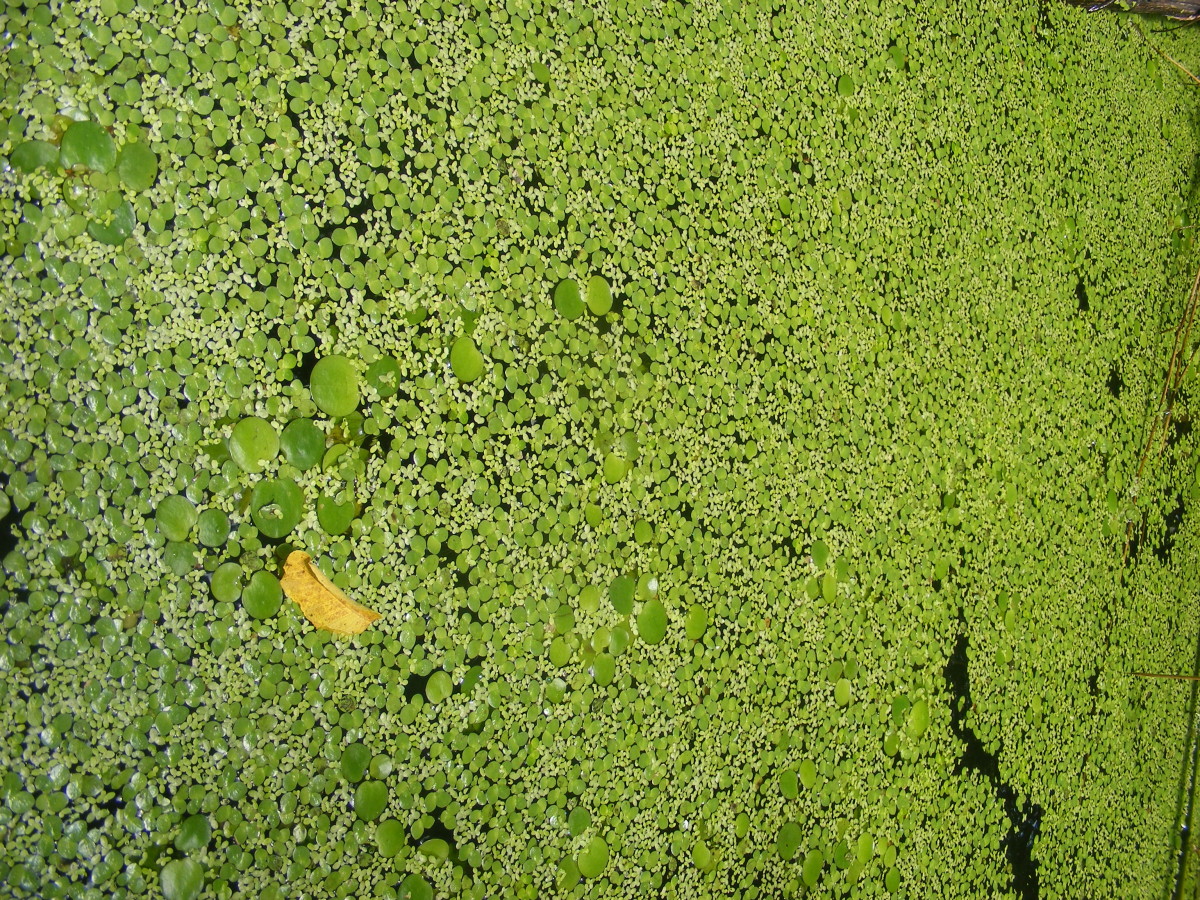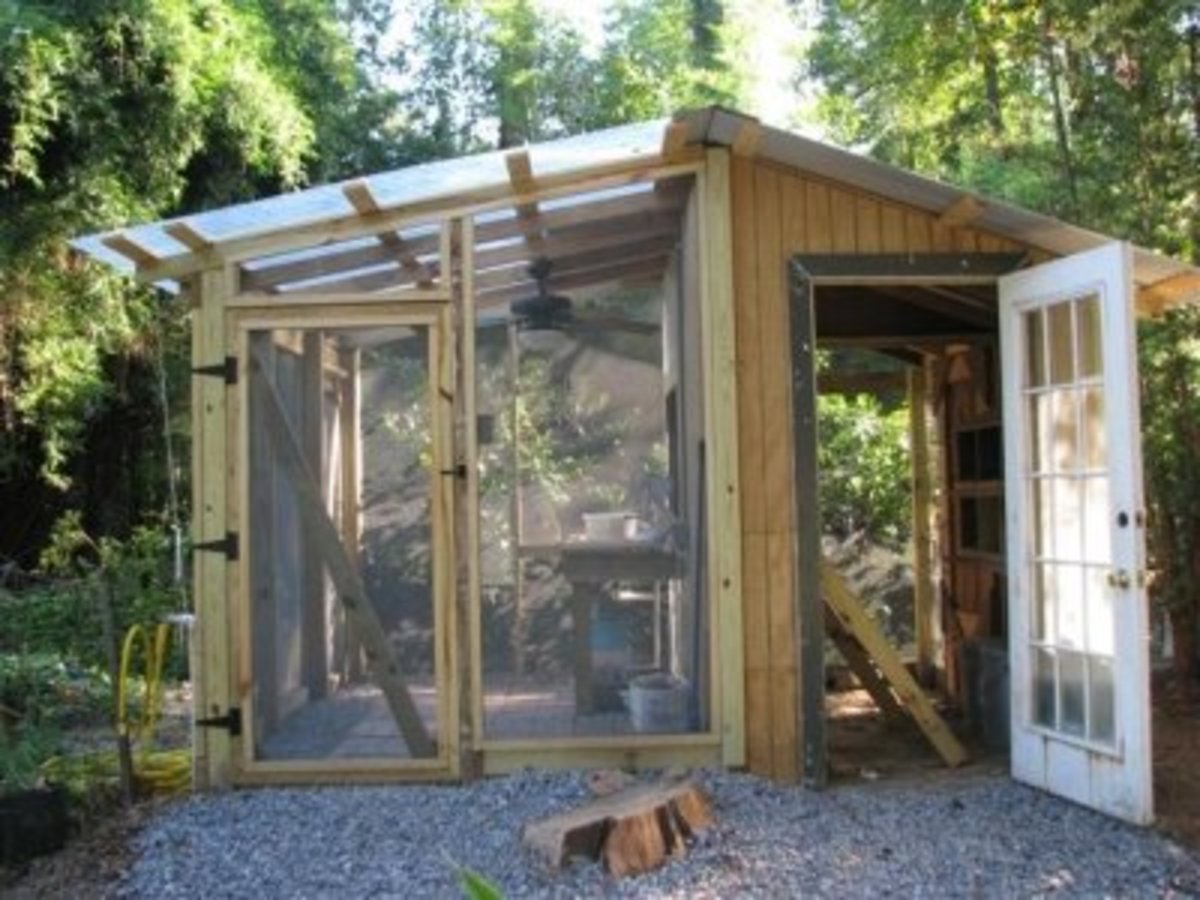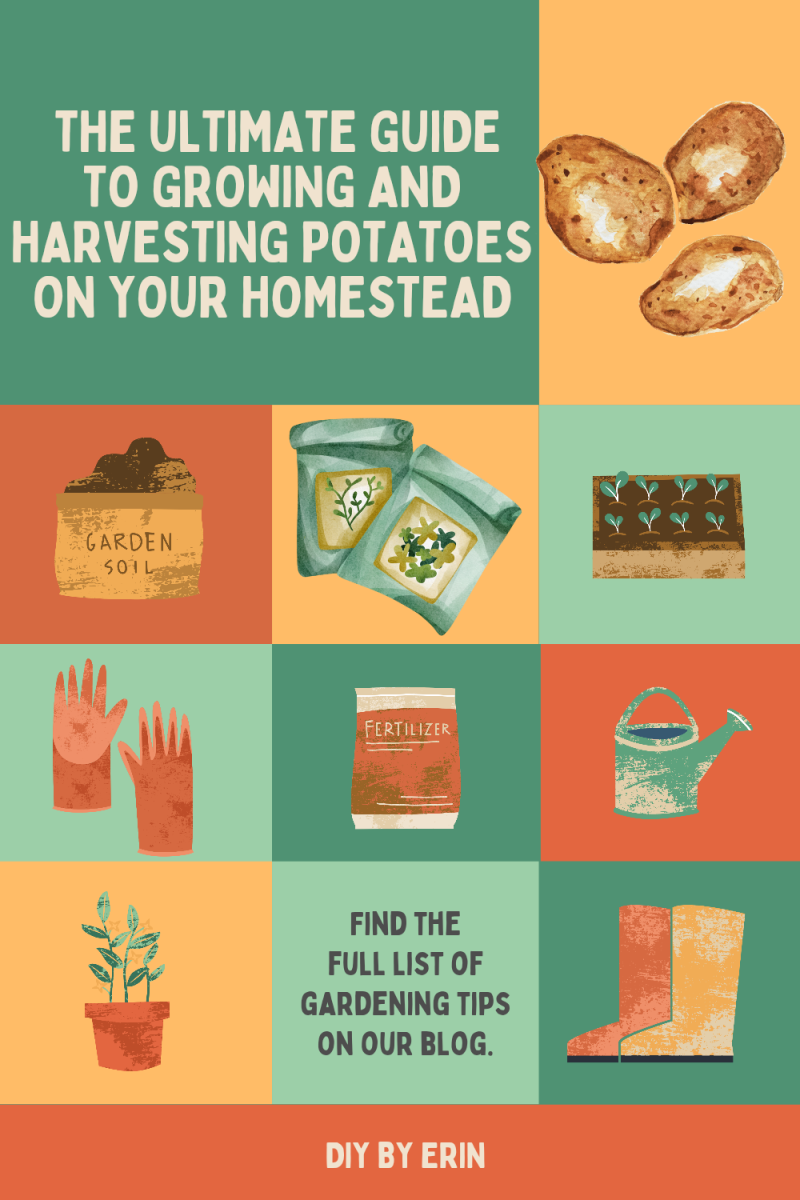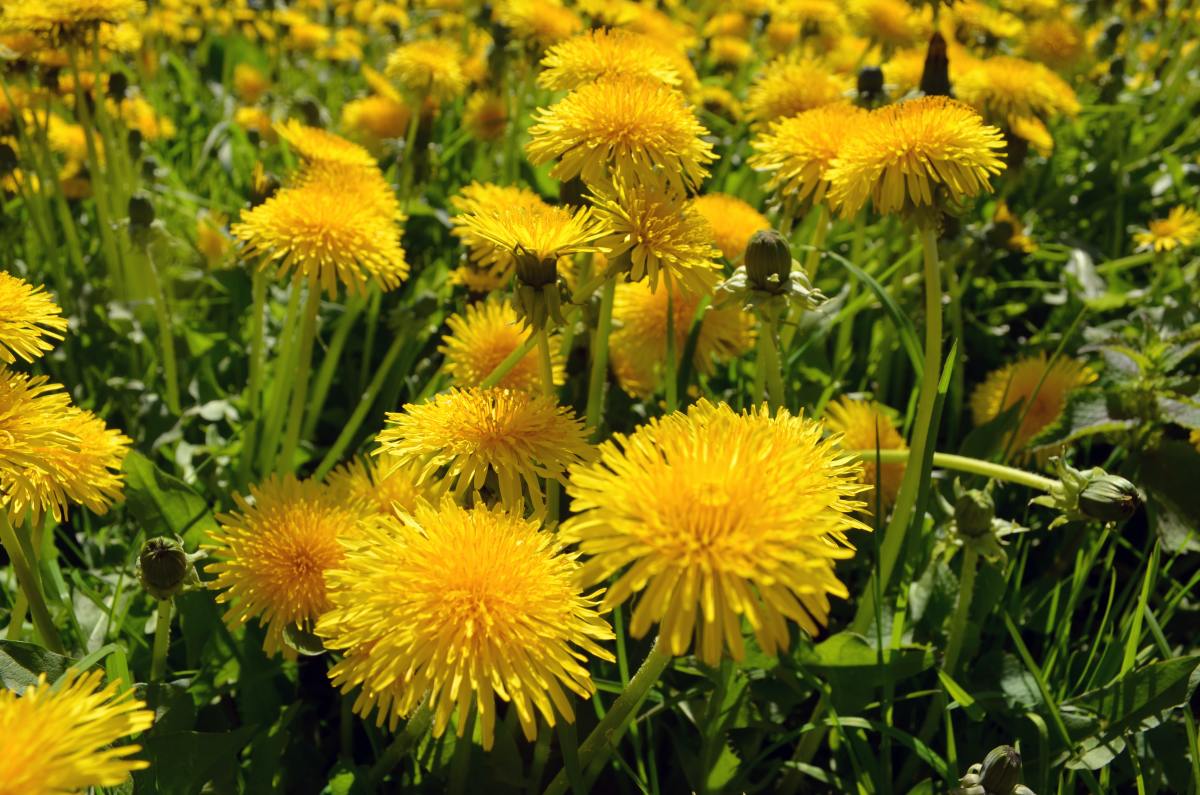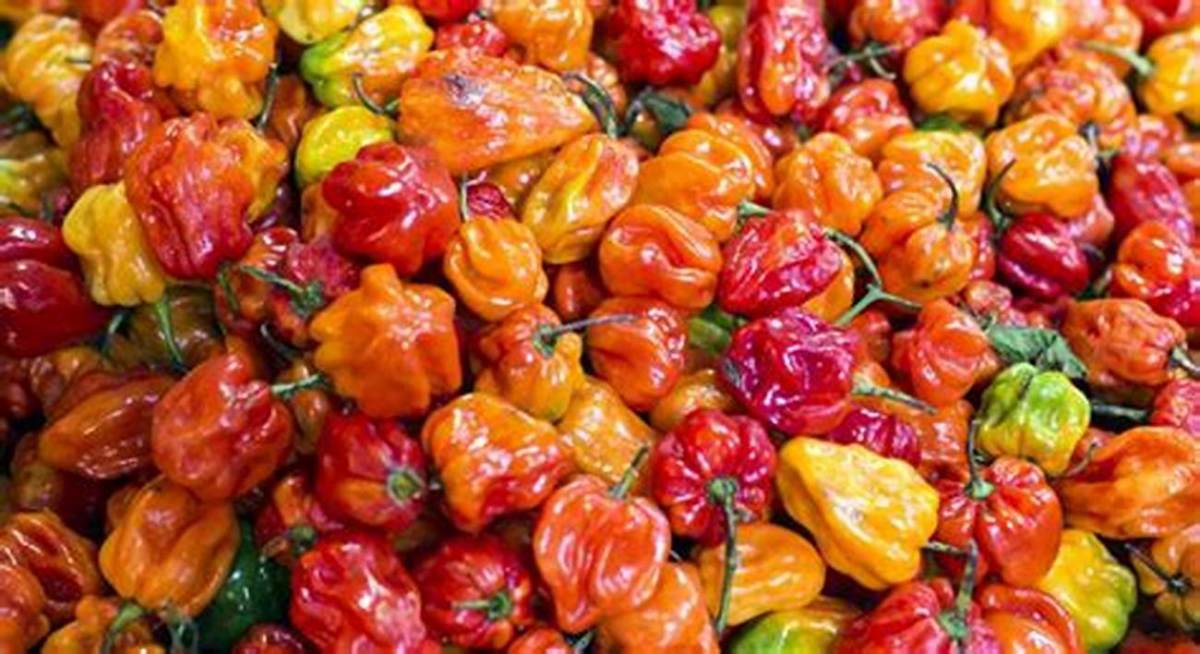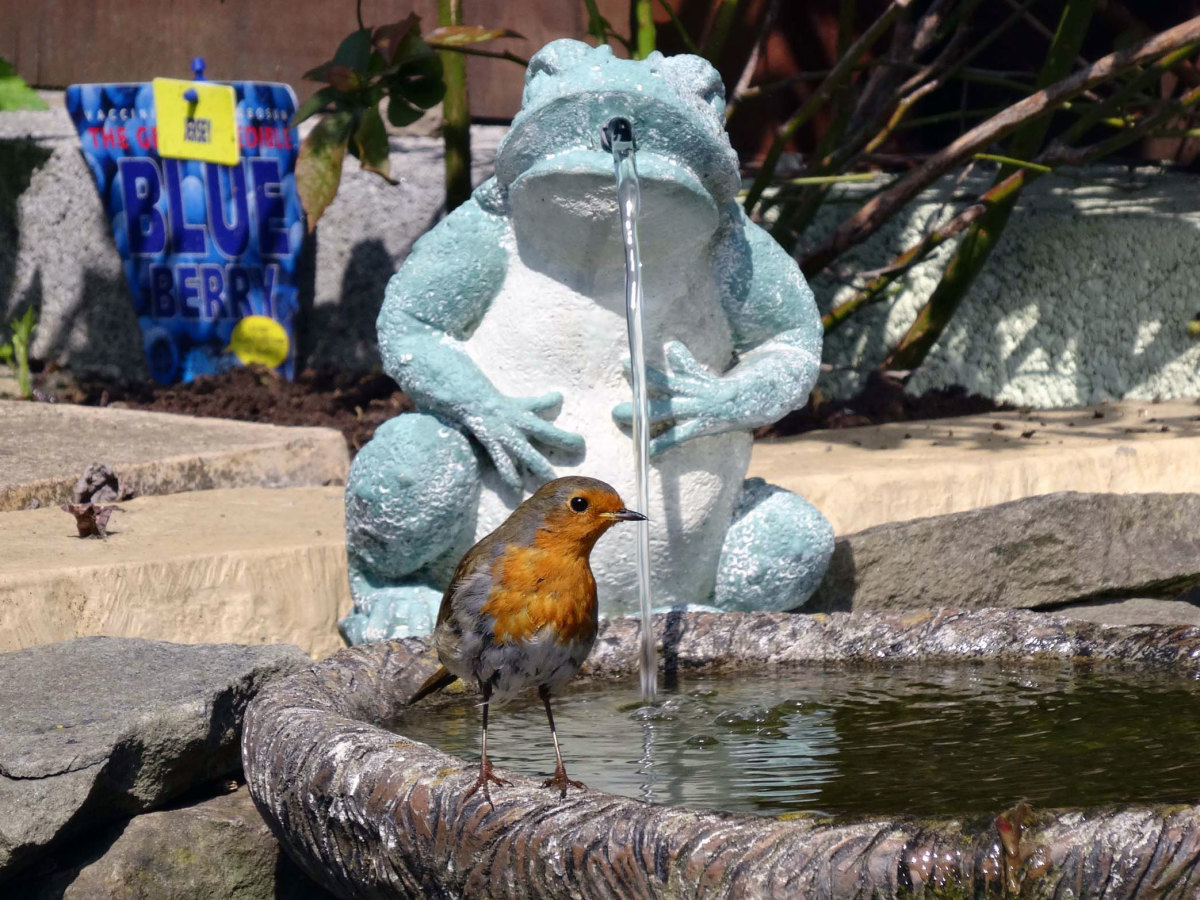- HubPages»
- Home and Garden»
- Gardening»
- Organic Gardening
Winter On The Homestead
Our little homestead is in the Appalachian Mountains of West Virginia, nestled on a nice flat surrounded by the beautiful mountains and wildlife. Lots of activities take place in the winter to ready the garden, protect livestock and prevent problems unique to winter. We have rough winters. Either freezing rain causing ridiculous mud and swamp like conditions or snow for most of our winter months.
We are not completely off the grid, we have many of the same amenities you would find in homes in the city. We have well water, electricity, and we use natural gas for cooking and heat. Obviously we have internet as well, or I would not be able to share my adventures with you.
I awoke this morning to 8 inches of freshly fallen snow, and then the next time I looked we had 22 inches. While the snow is very beautiful and majestic on the mountaintops, it can hinder many activities that need to take place on the homestead. Paul spent the best part of the day shoveling off the bridge and the pass above the bridge, to make it safe to travel. Not that I do much traveling in the winter, but just in we should need to visit the doctor in the event of an emergency.
Keep in mind that our winters are not near as harsh as ones in areas like Montana and Alaska. In those areas with much harsher weather you would be preparing for winter during the summer much more extensively than we need to. If you are completely off grid the need to prepare will also be greater.
Winter On A Homestead
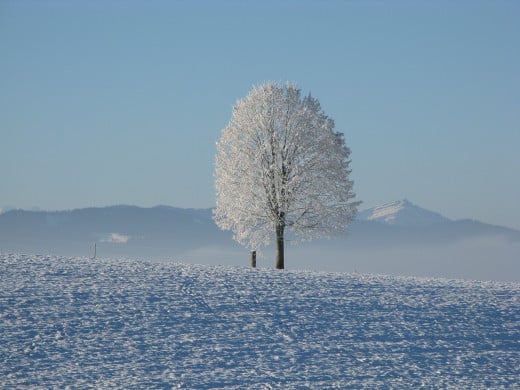
Heating During Winter
It is not all fun and games on a homestead in winter. While we may enjoy enjoy sipping cocoa by the fire, more often than not our focus is on chores and maintenance. For instance, chopping wood is an essential task even if it is not the homestead's main source of heat.
We are tapped into a natural gas well on the property and use it as our main source of heat. But even this is not a maintenance free form of heat, and it requires some upkeep all season. The need to keep an eye on the regulators and make sure you keep the drip bled off is of great importance. If the drip is allowed to build up (or if we fail to bleed it off) we could potentially lose heat altogether due to the drip freezing in the pipes. This can be a very time consuming task since the regulator and drip are a good hike away from the house and barns. However it is a vital task. If our gas freezes off, it can be very difficult to get going again so we keep an eye on all things gas related and perform maintenance as needed.
Wood is our backup source of heat in case the drip ever does freeze. Old farm houses are drafty so going without heat is not an option. Plus chopping wood now will give us a leg up for when we get the wood stove put in. I personally hate to chop a good tree. We prefer clearing the dead or fallen trees rather than cutting a perfectly good and healthy one.
Aim to have all your wood cut prior to winter.
The biggest challenge in the winter is managing your time and balancing it with the importance of your tasks. What can you put off, and what is an absolute top priority? Don't risk winter arriving while you are still unprepared.
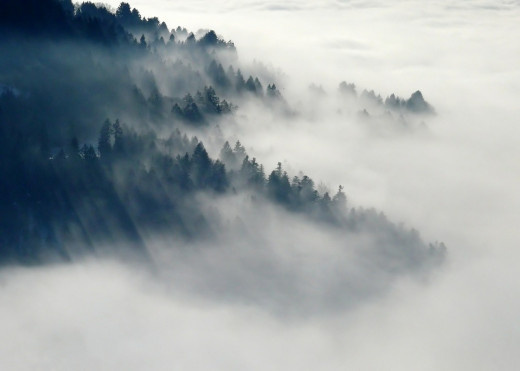
Cold Weather Clothes For Winter On A Homestead

How To Prioritize Chores On The Homestead In Winter
I touched on this earlier. What can you put off, what are your priorities? Above all else your family and livestock and food sources (if you are doing a winter garden) are the top elements, or priorities. Then you need to consider the other tasks that directly relate to aiding the top elements for your winter survival on the homestead. These may even be simple tasks like sewing up your winter gear for maximum coverage (inevitably someone will put a hole in a coat or glove and so on).
Your chores on the homestead during winter may also require a bit more involvement than the summer chores, like machine maintenance for example.
- Keeping chainsaws in good running condition
- Tuning up the tractor and other farming equipment.
- Making sure your stored machines (tractors etc) are protected from the elements. (Nothing will kill a good machine like being exposed to the elements!)
Prioritize your chores for the winter on your homestead. Winter prep can start in the early spring or summer months.
I cannot tell you how to prioritize your winter prepping efforts but I can show you how I do it.
- People- this is anything we need to survive the winter, food, warmth etc.
- Livestock- always make sure your animals are taken care of!
- Tools- Proper maintenance of everything! Nothing worse than getting ready to cut wood only to find a dull axe, or chainsaw that needs a new chain. Making a checklist is a great way to keep up with these tasks!
- Snow removal- It is important to remove snow from your small buildings and sheds. Harsh winters with winds in excess of 75 mph can cause snow (and the ice underneath) to beat up our buildings and sheds. Not to mention the danger of being under it if it all slides off (and it does!).
- Building and barn maintenance- Check for any loose boards, beams, roofing tin or shingles on your buildings. You don't want the wind taking off with a large chunk of the chicken house and you have no choice but to repair it in -20 degree temperatures! It will take twice as long because your hands will be freezing.
- Garden planning- Yes! It is never too early to plan next year's garden!
- Seed starting- It is currently February so I am gathering everything to get a good start for some of the plants I will have in the garden this year.
- The blank space- This is where every other unexpected event will occur. No matter how much proper planning you have set up, something will surprise you!
If you find that you are not fully prepared as far as firewood goes, do not stress too much. You can look to Facebook, Free-cycle and even Craigslist and often times find it for free.
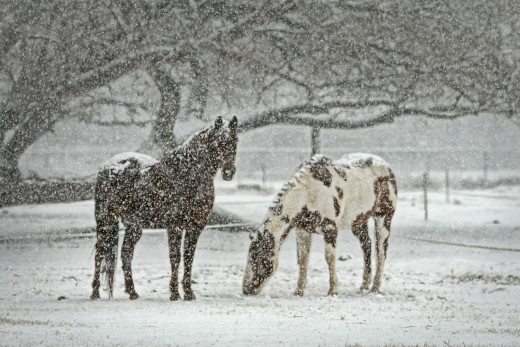
Protect Livestock and Pets
- How To Care For Livestock In Winter
Livestock in winter. What you need to know about taking care of your animals during the winter months and harsh conditions. Livestock care in winter differs greatly from livestock care in other months
Hypothermia
view quiz statisticsWood Stove Alternative

You Can Never Be Over-Prepared For Winter On The Homestead
I cannot stress enough that you need to try and prepare for the unknown. Anything can happen, and you need to be able to cope.
- What will happen if you don't have access to the store in winter?
- Have you preserved enough food to carry you and the family through until spring?
- Do you have enough fuel for your equipment?
- Is your first aid kit fully stocked?
Plan for everything to go wrong. That's right. If you are homesteading, anything that can go wrong probably will at some time. (It is best to know that from the beginning before you decide if homesteading is right for you.)
Even though our homestead has many amenities of city folk, we have many disadvantages too. For example, we get flooded in a LOT!
Our mile long driveway goes straight through the river. (Our close friends have a full size heavy duty 4x4 truck and still refuse to come see us until it is bone dry.) This is something you will want to consider when looking at a property for homesteading. 4x4 is a must if you want to drive on tracks through all seasons.
I don't mind if our track gets flooded occasionally, although if you or anyone have health issues this particular set up may not be for you. I like that no one even knows this place is here. No unwanted visitors, just peaceful wilderness. The interstate is off in the distance, with a bit of forestry in between to block out onlookers and road noise.
I believe in the five P's Rule 'Proper Planning Prevents Poor Performance'. This is the wisest bit of advice I can offer anyone. Always plan properly for everything. Planning for worst case scenarios may some day save your life!
Homesteading has its hurdles.
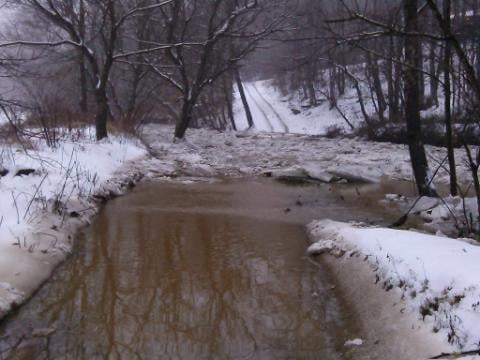
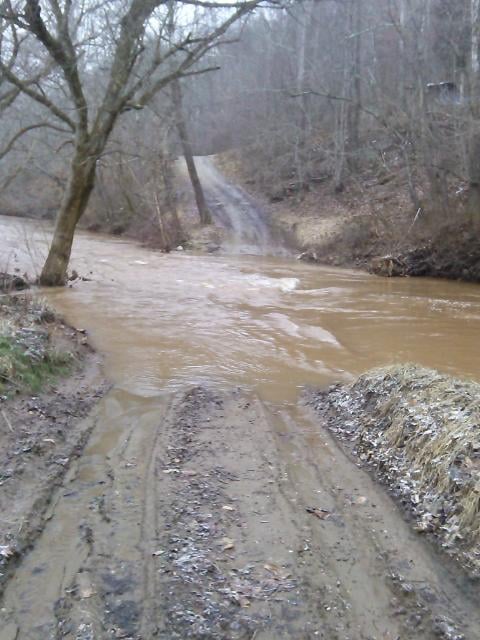
Food Supplies For Winter
One of the things that could go wrong, is not having enough food.
- What happens if you can't get to the store?
- You can hunt and fish with great results in winter. Snow makes it easier to track game for hunting and trapping.
- Hunting seasons vary by State and you should always check regulations and license requirements before you hunt.
- If you're not an accomplished hunter, make sure you store plenty of food supplies!
You may not know it but likely growing around your homestead are edible winter plants. These can be a great aid and potential source of nutrition if you failed to properly preserve food for the winter. But I must stress the importance of knowing your plants before you eat them.
Never put anything in your mouth until you are 100% sure you know it is safe for human consumption! Purchase a survival guide or field guide to better familiarize yourself with which plants are edible plants.

Wild Edible Plants In Winter
Here's my list of ten wild and edible plants to look for in winter.
- Rose hips
- Pine needles
- Cattails - stalks and rhizomes. Tops make a great fire starter.
- Wild onion - note it has a poisonous look-alike. (Our fields are full of wild onion and garlic.)
- Burdock or 'wild rhubarb'
- Fresh water clams - but please note to only take these from streams not harmed by chemicals. Always boil thoroughly to remove any parasites.
- Dandelion roots - hard to spot in winter but the roots are as edible as the flowers
- Chickweed - a common weed found almost everywhere and still thrives in cold climates. You may even find it in your garden!
- Acorns - full of fats and nutrition, These little guys can save your life. You must soak them to remove the bitter and irritating tannic acids. Then you can even mill them into flour!
- Winter-cress.
You can also eat pine nuts, walnuts, hickory, pecan and beechnuts that you may find in the winter months. (Often growing wild in the forest around the homestead.) But be careful you are not eating wild poisonous plants!
First Aid Kit

First Aid Kits
It doesn't matter if you are off the grid or not, you need a first aid kit. I was washing dishes and a jar shattered and sliced the entire length of my pinky finger. I did not go to the hospital. I went to our first aid kit, cleaned the cut and wrapped it up. Whether you prefer the holistic approach or not, it is important to keep a well stocked first aid kit clearly labeled so everyone knows what each item is and what it is used for.
This is especially true for those approaching the holistic, and using herbs for their medicinal purposes. While I use herbs at times, my other half does not know the uses as well as I do. So it is important to label them. It is a worthwhile investment and could potentially save a life.
Consider adding some 'hot hands' or 'toastee toes' to your first aid kit for winter. Sometimes our fingers get really close to frostbite when we are working outside. Other times, doing chores has a way of making one hot even in winter. These little packets can double as oxygen absorbents too for dry food storage!
Have Fun
Always make time for a little fun in the winter. Cabin fever effects us all as we get used to being outside on the homestead during summer, only to get stuck indoors for the winter. You'll have to venture out to take care of daily chores including looking after livestock. But it is nice to sometimes stop for a bit of fun outdoors if the weather permits. Just make sure you use caution when playing in the snow and low temperatures.

